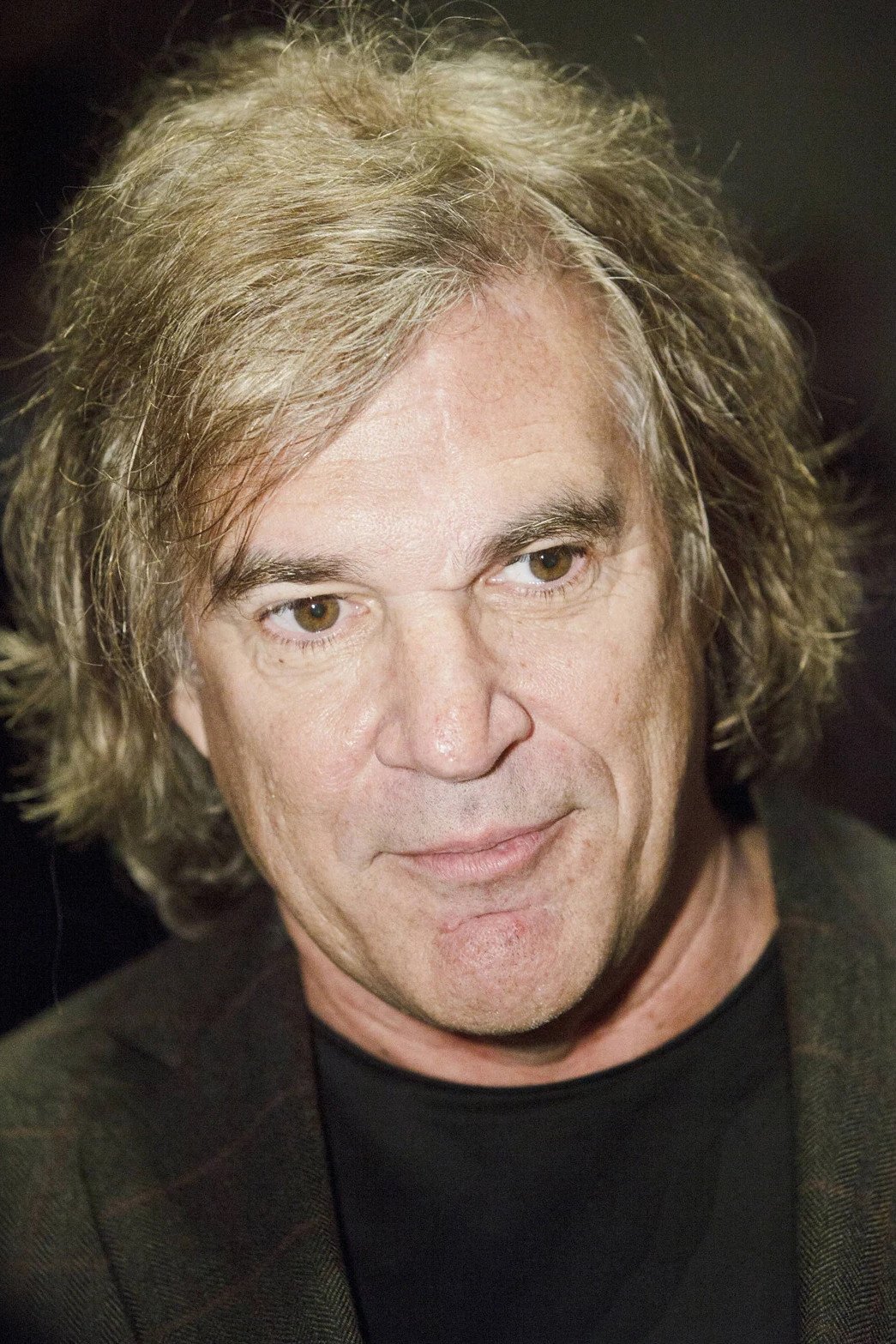
History explorer and museum enthusiast Don Wildman travels the globe to some of the most iconic and carefully-guarded places in the world where he will share many of their fascinating stories.
More than 80 million years ago, the Oviraptor, a strange bird-like dinosaur, walked the sandy banks of an oasis in what is now the "Gobi in Mongolia." A creature that measured some 8 feet in length, its razor-shard claws were deadly weapons of protection for guarding its offspring from constant danger. Now join a daring expedition of scientists as they uncover a treasure trove of fossils, shattering long-held myths about this dinosaur's behavior.
Cleaning up a weird scientist's messy study is a chore four kids decide to make short work of on a Saturday morning! The kids file animals into drawers according to their species, 'til they discover a replica of a dinosaur. They hesitate to dispense with the oldest creature on earth by filing it in the "EXTINCT" drawer! However, they soon find many surprises in store, including disagreement as to what creature actually is the oldest on earth, from four wisecracking and argumentative cockroaches eavesdropping from a shelf!
Mark Allen Norell (born July 26, 1957) is an American vertebrate paleontologist. He is currently the chairman of paleontology and a research associate at the American Museum of Natural History. He is best known as the discoverer of the first theropod embryo and for the description of feathered dinosaurs. Norell is credited with the naming of the genera Apsaravis, Byronosaurus, Citipati, Tsaagan, and Achillobator. His work regularly appears in major scientific journals (including cover stories in Science and Nature) and was listed by Time magazine as one of the ten most significant science stories of 1993, 1994 and 1996. Description above from the Wikipedia article Mark Norell, licensed under CC-BY-SA, full list of contributors on Wikipedia.
By browsing this website, you accept our cookies policy.